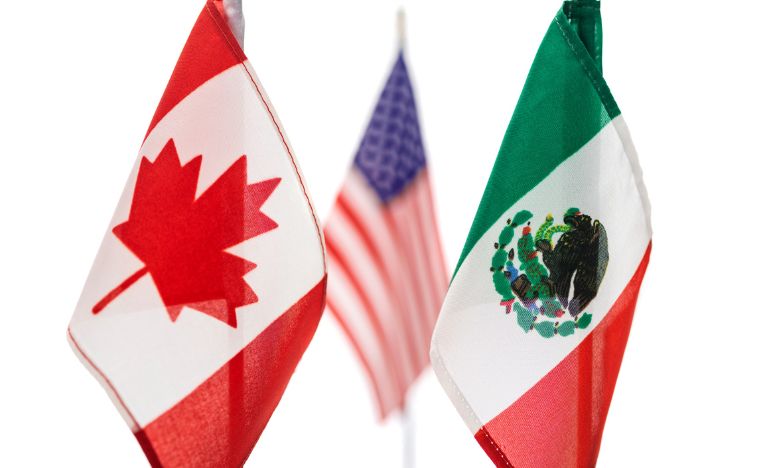Improving CUSMA
The CBA CUSMA Working Group prepares a roadmap for recommendations to strengthen the Canada-United States-Mexico Agreement

In a nutshell
The CBA CUSMA Working Group has developed several recommendations for Global Affairs Canada in preparation for the first joint review of the Canada-United States-Mexico Agreement (CUSMA) in 2026. These recommendations aim to guide priority-setting for 2025.
Dispute resolution
Efficient dispute resolution mechanisms are essential. The CBA submission highlights areas for improvement, particularly in Chapter 10 (review proceedings for antidumping and countervailing duty determinations) and Chapter 31 (state-to-state dispute settlement) mechanisms. “A more transparent nomination process for panellists and stricter enforcement of procedural timelines are crucial steps to ensure the effectiveness of these dispute resolution mechanisms,” the submission reads.
Temporary entry for business people
The trade agreement’s provisions on temporary entry need to be updated to align with current realities. Both the length of stay and the definition of a businessperson need to be addressed.
- A six-month limit on stays is impractical.
- The list of eligible professions is outdated.
The CBA suggests adopting a negative list approach, as seen in other trade agreements, which would provide greater flexibility and adaptability. If a positive list remains the preferred approach, it should include executives and senior managerial professionals.
Digital Services Tax
This tax was introduced to raise revenue from non-resident content providers earning profits from Canadian customers. “If Article 19.12 were removed from CUSMA,” the CBA Working Group writes, “Canada could mandate that digital service providers use servers or computing facilities located within the country, thereby making them subject to Canadian income tax on related profits.” This could, however, lead to reciprocal measures from the other two trade partners.
Trade secrets
Canada has only partially fulfilled its CUSMA obligations to protect trade secrets with the adoption of s. 391 of the Criminal Code, criminalizing their fraudulent acquisition. The CBA Section recommends adopting “a federal statute similar to the U.S. Defend Trade Secrets Act” to:
- Provide indefinite protection for trade secrets against criminal misappropriation.
- Clarify that independent development and reverse engineering do not constitute criminal misappropriation.
- Include whistleblower protections.
Copyright and AI
Canada should consider aligning its internet service provider liability regime with the United States by moving from a “notice-and-notice” system to a “notice-and-takedown” approach. This would force ISPs to remove online content that infringe copyright instead of merely passing on a notice of infringement to the end user.
For generative artificial intelligence, the current copyright regime should:
- Apply to works created by human authors using AI as a tool.
- Exclude works generated solely by AI, with little or no human involvement
The working group stresses that CUSMA signatories must adopt a harmonized, or at least non-conflicting approach regarding AI-generated works.
Indigenous rights and cultural protections
The working group also recommends that copyright reforms include measures to protect traditional knowledge and Indigenous-owned intellectual property. In addition, Canada should:
- address Indigenous cross-border rights,
- strengthen cultural protections,
- reinforce section 35 of the Constitution Act, 1982,
- protect sacred sites,
- and establish mechanisms for benefit-sharing and redress.
Read the submission.


